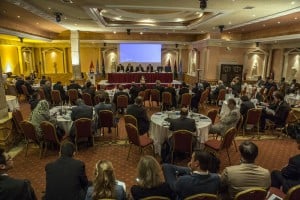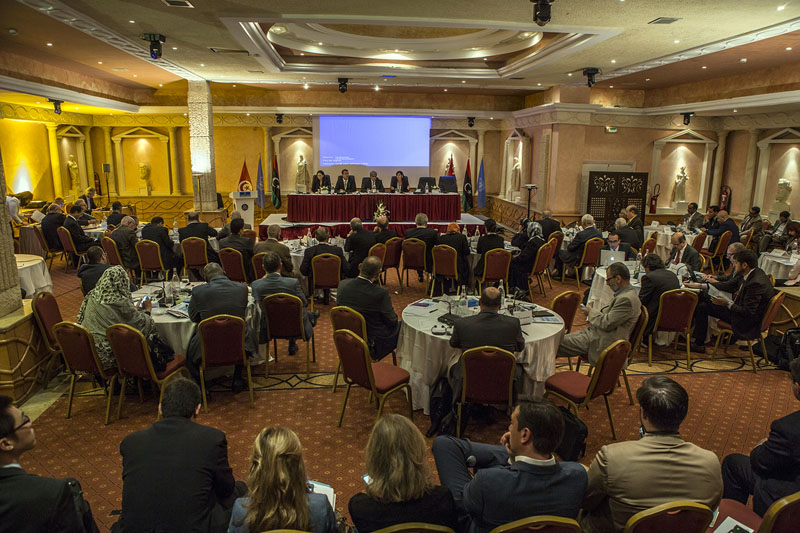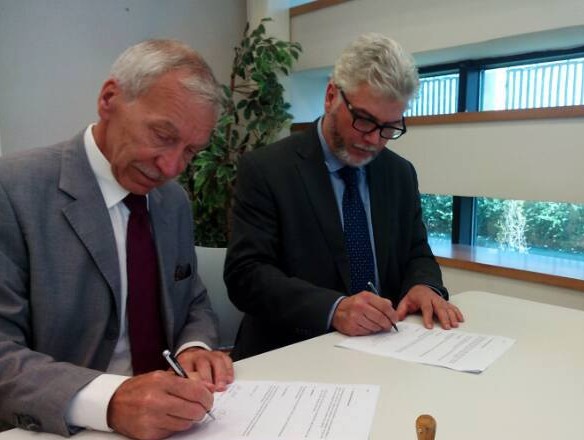By Libya Herald reporter.

Tunis, 13 October 2015:
A group of Libyan experts met in Tunis 11-12 October to explore various possible policy . . .[restrict]options that might aid the future unity Libyan government in its post-conflict recovery efforts.
The forum jointly organized and supported by the UN, IMF and World Bank, discussed various possible short term scenarios and policies. These included emergency measures and challenges, humanitarian matters, IDP and those most vulnerable in Libyan society.
Policies for early recovery and so called ‘’quick wins’’ were also discussed.
It was agreed that safety and security would be the foundation for any progress, development or recovery in order to look at social reconstruction and transitional justice. Whilst vexing subject of security and militias were discussed briefly, they were somewhat sidestepped at this forum.
The need to restore service delivery, such as electricity, was also highlighted as an example of a ‘’quick win’’ in order to install confidence in the new unity government. Whilst a lot of the damaged physical infrastructure may be deemed long term, some minor projects were deemed critical.
It was highlighted that the new unity government should attempt to work on a multiplicity of fronts including working on encouraging the drafting of the constitution as well as Libya’s new social contract including citizenship, accountability, transparency and anti-corruption measures.
It was deemed imperative by experts that policies of public sector reform considered by the new government.
On the economic front, macro and micro economic reforms were reviewed with a clear message given regarding Libya’s deteriorating economic position. Fiscal reform, rentierism, decentralization, privatization, subsidy reform, diversification and oil production were discussed at length.
Educational and media programmes in order to start cultural shifts regarding obligations, responsibilities, citizenship, democracy and dependency were also raised.
Diplomatic representatives of the international community took part in a discussion with the Libyan experts at the end of the two-day event.
Ultimately, it was hoped that the new government would display strong leadership in standing its principled ground and not caving-in to populous higher spending demands. [/restrict]











